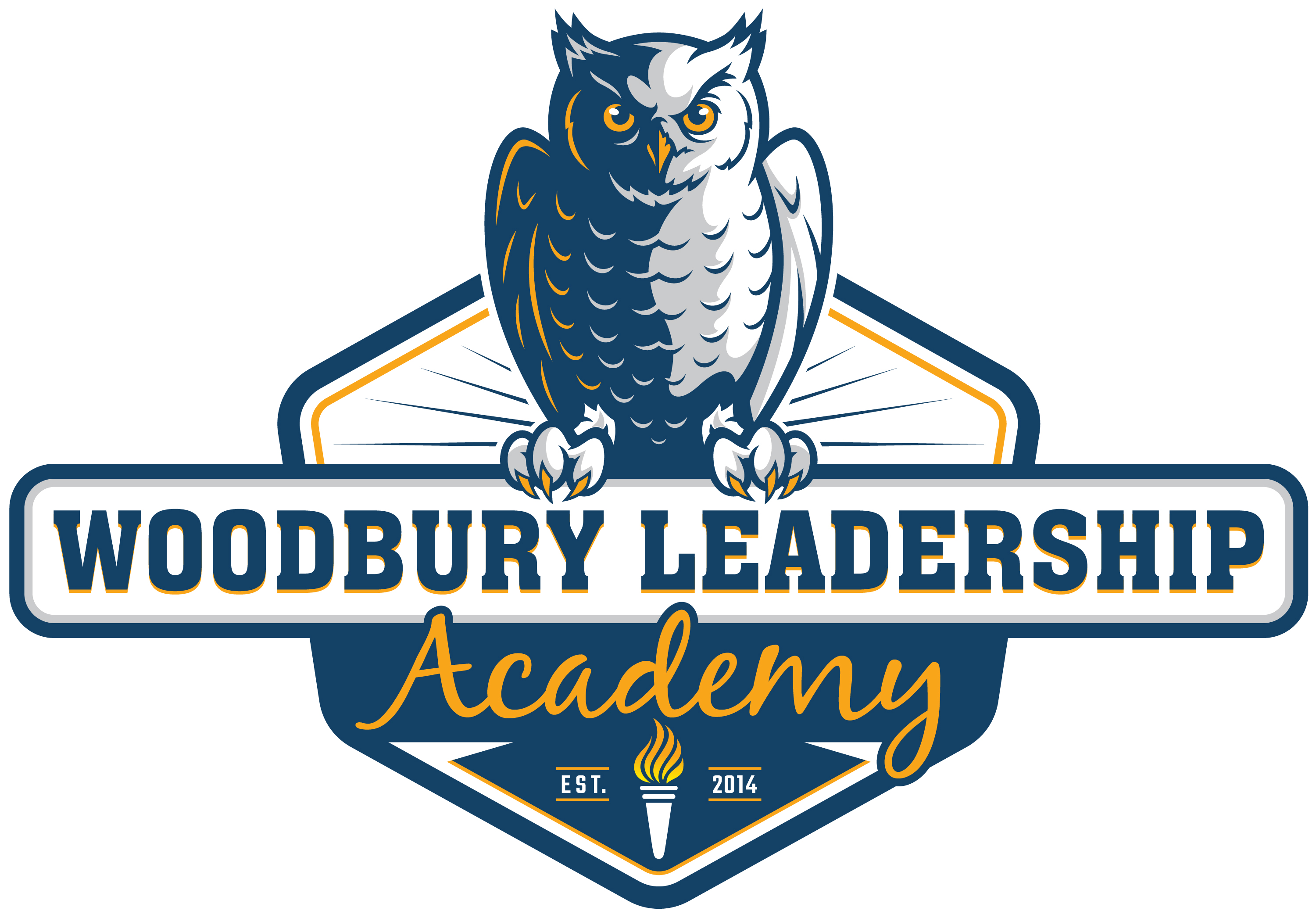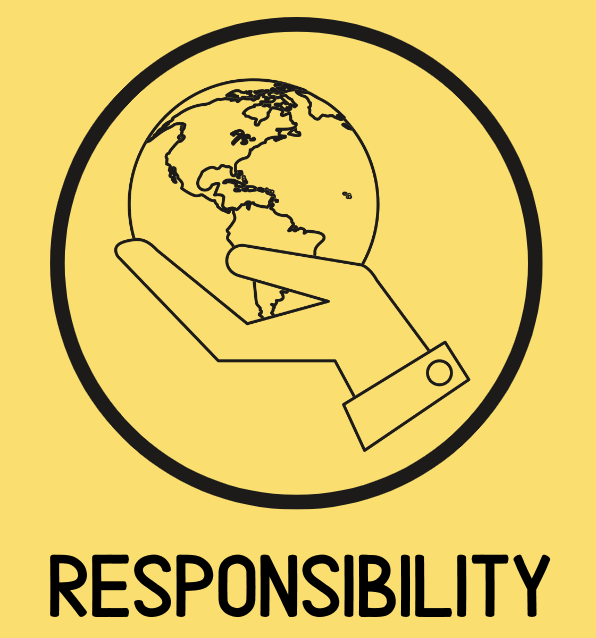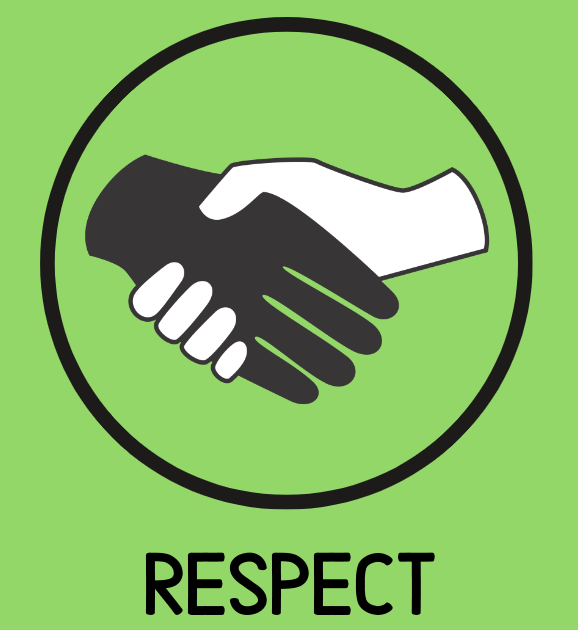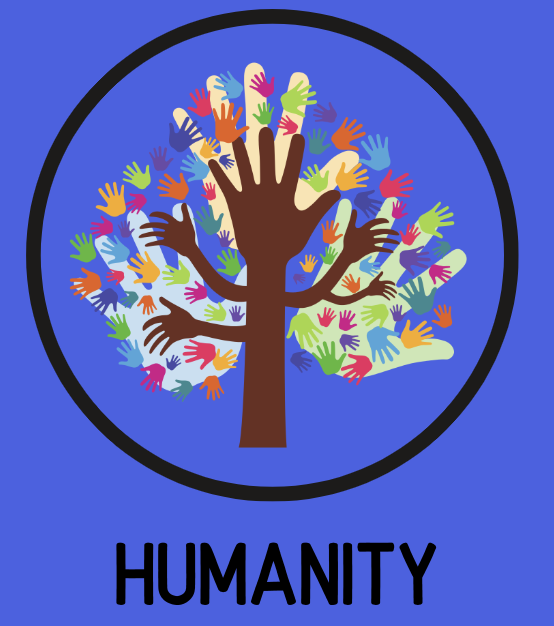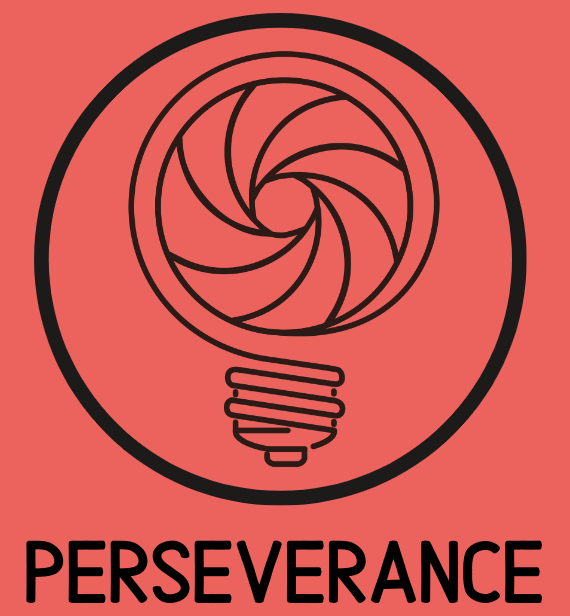Leadership Programming
Woodbury Leadership Academy's Leadership Programming instills confidence and helps children solve problems creatively, work in a team and work collaboratively with others.
Leadership skills allow children to have control of their lives and the ability to make things happen. Leadership gives children many opportunities to develop responsibility, respect, perseverance, gratitude and humanity.
All children have the potential to develop leadership skills. Leadership development is a lifelong process. As adults, we can teach the skills necessary for children to take on leadership roles now and in the future. Here are some ways we help children develop leadership skills:
- Modeling leadership behavior.
- Teaching children how to see things another's perspective.
- Helping children build self-confidence.
- Giving children the opportunity to take leadership roles in the classroom and at the school level.
- Teaching children how to work with others in a team situation.
- Encouraging children to pursue things that interest them.
- Encouraging communication and action.
Service-Learning Projects
Each month, a grade level leads the school and community in a service-learning project that is aligned to the monthly Core Virtue. For example, grade 1's service-learning project was called, "Caring Comforts" and was aligned to the Core Virtue gratitude. First graders asked the school and community to donate gently used or new stuffed animals/toys. The stuffed animals/toys were given to police, fire and medical responders because when they encounter child patients or children on their emergency calls, they like to give a stuffed animal to help make bad day a little better. Their goal was to "stuff" an entire ambulance. 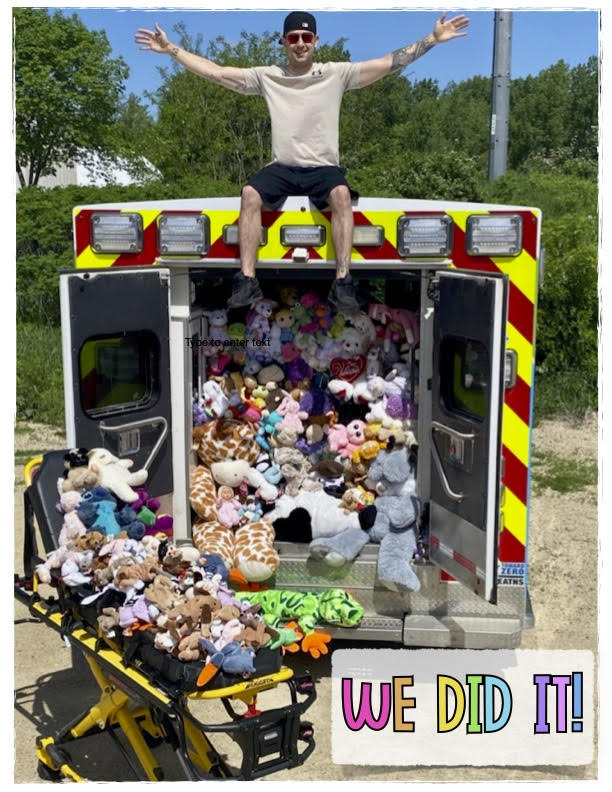
Leadership Class
Grades K-4
WLA utilizes a Social and Emotional Learning Curriculum called Fly Five.
- Kindergarteners focus on forming strong, trusting relationships built upon compromise, courtesy, and inclusivity. Through guided explorations, students practice expressing their thoughts, reasoning, and feelings constructively while also respecting the thoughts, reasoning, and feelings of others. Through interactive learning structures and SEL stories, students discern appropriate self-management techniques and explore how to make responsible choices for themselves and the school community at large.
- First graders practice working with others while also building a strong and resilient sense of self. Through guided journal prompts and creative group activities, students learn to foster active listening skills and develop an understanding of actions and consequences. They use scenario cards and group sharing to strengthen their ability to articulate how they make decisions and hold themselves accountable for any consequences that may arise. As students continue refining their identities, their ability to pick up on social norms and manage their behaviors without external motivation increases.
- Second graders learn to account for the thoughts, experiences, and emotions of others with the same level of consideration they give to their own thoughts, experiences, and emotions. Through vocabulary posters and interactive learning structures, they extend their practice of active listening to include respectful disagreement and taking the initiative to resolve differences. While students can increasingly define and articulate their personal opinions, they use reflective journal prompts to practice expanding their capacity for open, honest, and flexible collaboration. With little prompting, they are able to hold themselves accountable for their behaviors and begin considering how to make better choices in the future.
- Third graders focus on teamwork and honest, effective communication. As they explore persistence and resilience through SEL stories and self-reflection, students learn how to do their part to make their classroom a collaborative, creative environment. With more independent activities and interactive learning structures aimed to strengthen students’ sense of self, the third grade curriculum encourages hopeful thinking and behavioral choices that set students up for success. For the first time, third graders learn about making wise choices on the internet. Students explore how to act responsibly online through creative, interactive activities that allow them to examine how their online behaviors can impact their lives offline.
- Fourth graders deepen their ability to consider others’ perspectives as they begin exploring the notion of culture and how it impacts their own and others’ communication styles. This inquiry opens the door to understanding how our cultural norms and expectations can impact the way our words and actions are received, especially by someone whose culture is unlike our own. Students use interactive posters and group activities to practice making intentional, appropriate choices and to show respect in a variety of circumstances. Additionally, they use SEL stories and interactive learning structures to explore the implications of bullying both online and off, deepening their emotional intelligence and ability to empathize with others.
Grades 5-8
WLA utilizes a Social and Emotional Learning Curriculum called Character Strong.
